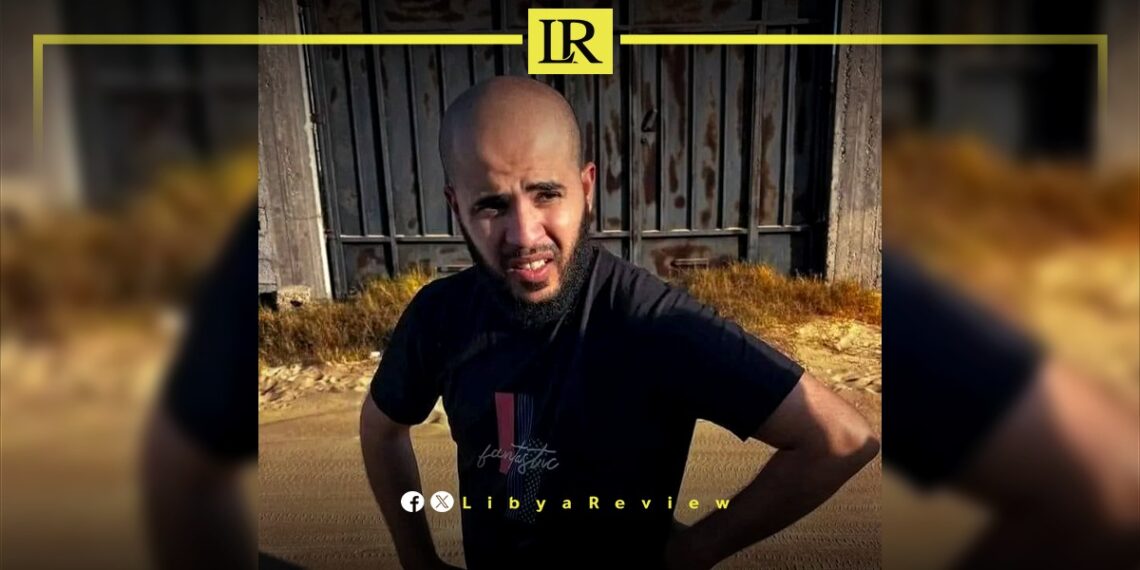Unknown individuals have released Libyan activist Al-Moatassim Al-Areebi after holding him captive since last Monday in Misrata.
A short video surfaced showing Al-Areebi after his release, following a campaign denouncing his abduction within the municipality and by international institutions and embassies.
On Wednesday, the United Nations voiced grave concern over the recent kidnapping of political activist Al-Moatassim Al-Areebi in Misrata. In a statement, the UN Support Mission in Libya (UNSMIL) urged the relevant authorities to investigate the matter immediately and ensure Al-Areebi’s safe and prompt release. Al-Areebi was reportedly abducted by an unidentified armed gang 190 kilometers east of Tripoli.
This incident highlights the ongoing security issues in Libya, where kidnappings and arbitrary detentions have alarmingly increased. According to UNSMIL, at least 60 individuals are currently being held nationwide due to their real or suspected political affiliations. The mission emphasized that these actions have undermined Libya’s rule of law and fostered a pervasive culture of fear.
Speaking before the Human Rights Council, UN High Commissioner for Human Rights Volker Turk noted that the targeting of political opponents and dissenting voices has accelerated in recent years. He pointed out that the lack of accountability for past violations remains a significant obstacle to reconciliation and continues to drive conflict in the country.
The UN’s statement serves as a stark reminder of the fragile state of human rights and political freedom in Libya, which has been plagued by division and unrest since the 2011 overthrow of former dictator Moammar Gaddafi. As the country remains split between rival administrations in Tripoli and Benghazi, the international community continues to call for the release of all arbitrarily detained individuals and an end to the cycle of impunity.
Kidnappings have become a common tactic used by militias and armed groups to assert power and control. Activists, journalists, and political figures are frequently targeted, creating an environment of intimidation and fear. The lack of a unified national security force allows these groups to operate with impunity, exacerbating the country’s instability.


